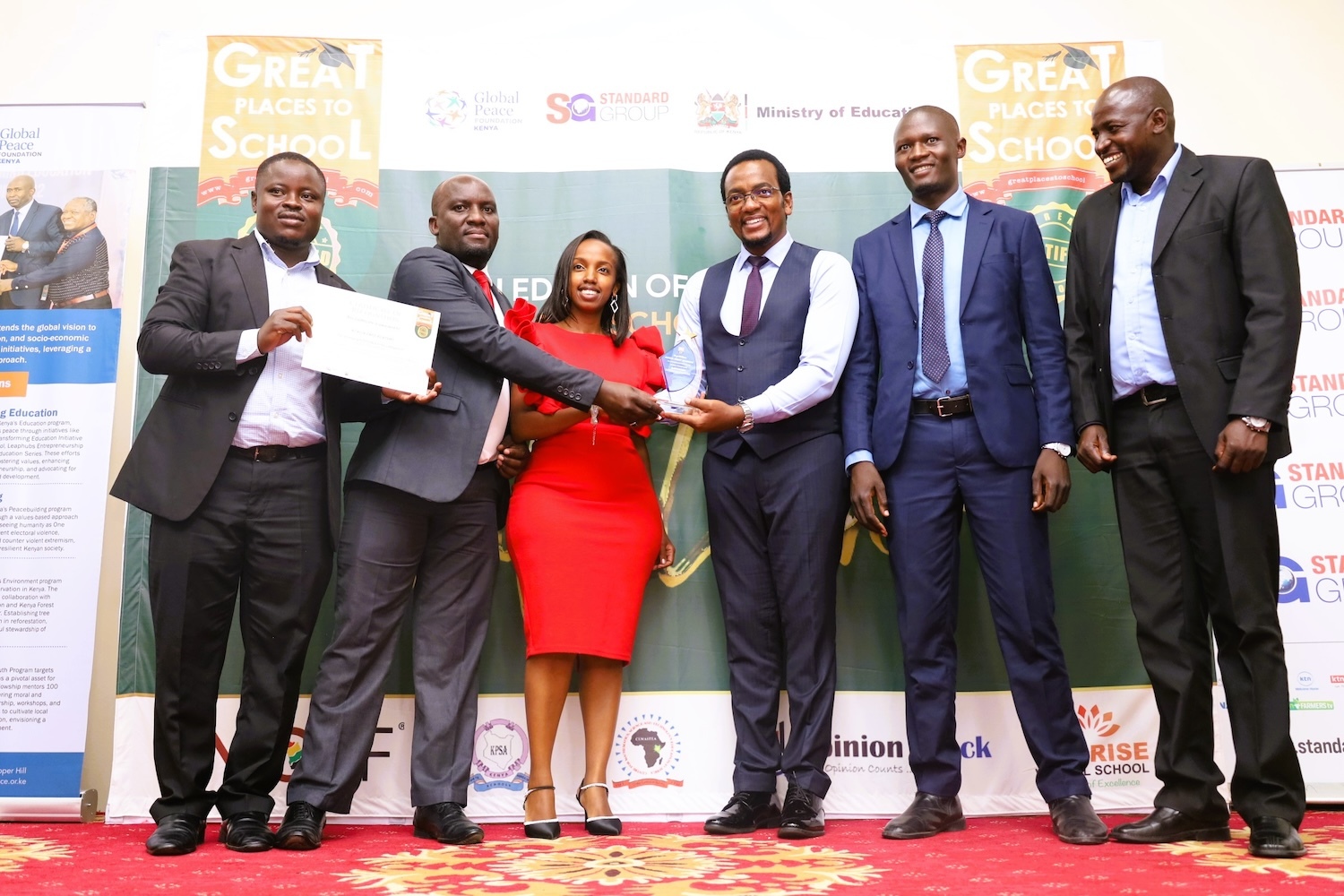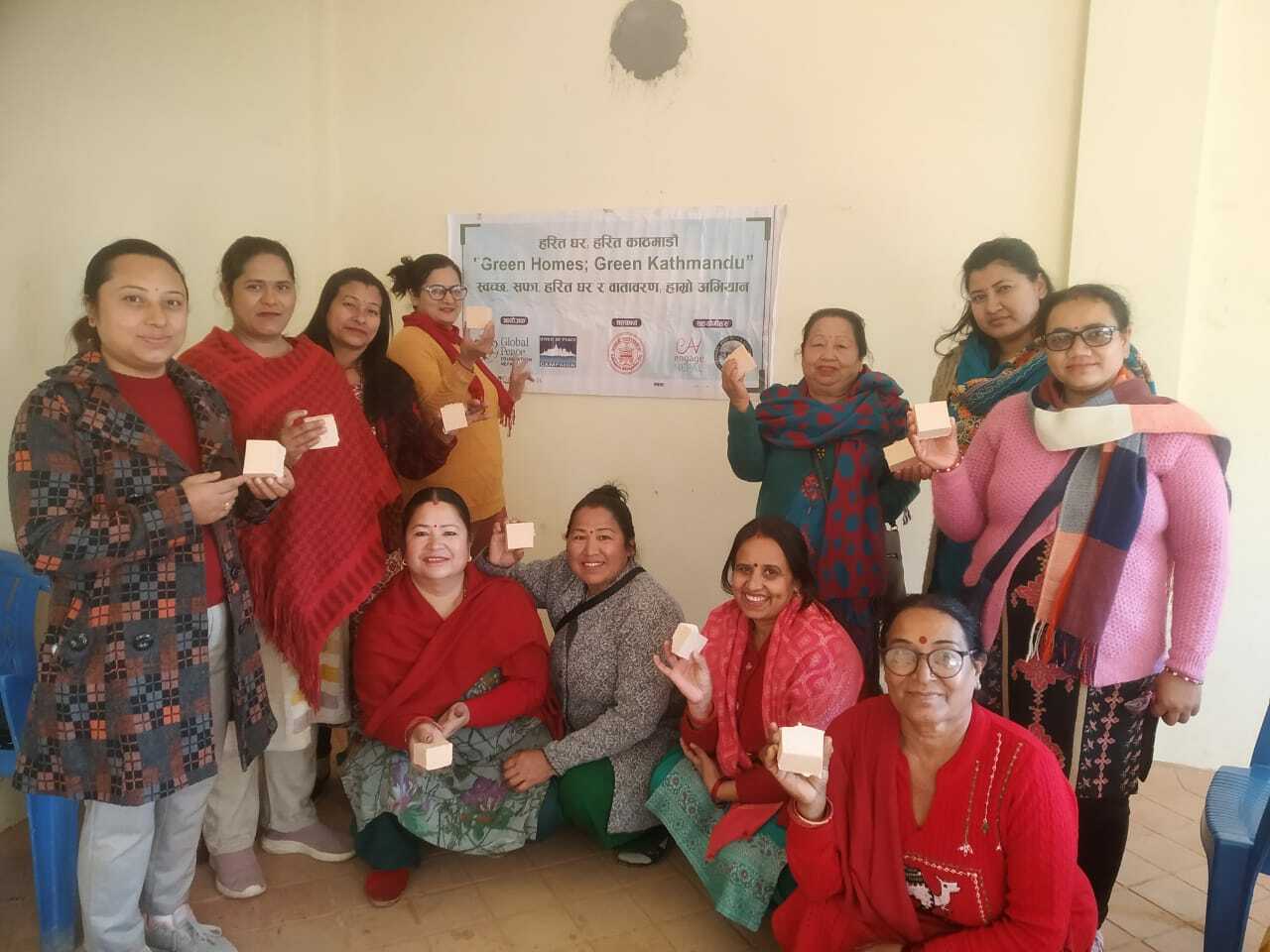Panel of scholars say reunification will advance peace, human rights and economic development in the region
A united Korea is a shared vision among Koreans and within much of the international community that needs the support from millions to make true said panelists at a roundtable discussion held by the 2017 Global Peace Convention in Manilla on March 1. A reunified Korea is necessary for bringing about a peaceful Korea and creating economic opportunities for other countries in the region.

Dr. Jai Ryu at the third session of the Korean Reunification Track
Dr. Jai-Poong Ryu, founder of the One Korea Foundation, told the panel that the Korean reunification is for the sake of strengthening Korea’s economy and independence. Previously, Korea had been the victim of the super powers around the world, he said. A united Korea would no longer be taken advantage of by other countries but will be a model for the world to follow. He referred to a line from the United States’ Declaration of Independence, “that all men are created equal, that they are endowed by their Creator with certain unalienable Rights, that among these are Life, Liberty and the pursuit of Happiness.” Dr. Ryu envisioned a similar concept being incorporated in the new Korean Constitution. He desired the philosophy of Hangik Ingan (“living for the benefit of humanity”) to be the basis for the new constitution.
Saying he was encouraged by South Korea’s growth in economic independence over the years, U.S.-based Heritage Foundation Founder Dr. Edwin Feulner added that the conditions in North Korea are dire in comparison. Americans are well aware of Kim Jung Un killing off his family members, and that that the North Korean government works outside the moral standards held by other countries, said Dr. Feulner, a specialist in East Asian affairs who has visited Korea more than 100 times. He assured the panel that Americans and other international colleagues are willing to work with other countries toward the mutual dream of Korean reunification.
Raising the political and humanitarian issue of North Korean defection, Hon. Choong Whan Kim, co-chair of Action for Korea United (AKU) —a coalition of more than 700 civil society groups that work toward Korean reunification—said nearly 2,000 defectors risked their lives to bring their families across the border to South Korea every year. AKU helps defectors adjust to South Korean society, publicizes the importance of reunification to Koreans, and provides the people of North Korea information about other countries.
Mr. Kim urged all the countries to work together to advance the process of Korean reunification. There should no longer be wars on the Korean peninsula, said Mr. Kim, nuclear weapons should be abolished, and North and South should live peacefully with each other.

(left) Dr. Edwin J. Feulner, (right) Dr. Chan-il Ahn
Further examining the status and implications of North Korean defectors in the South, Dr. Chan il Ahn, a returning speaker from an earlier session, said over 30,000 defectors reside in South Korea, he said. Defectors have trouble adjusting to South Korean society and are often rejected from jobs due to their background.
He cited the example of one defector who chose to cross the border back to the North, only to be arrested immediately, and of a North Korean diplomat who defected to Britain upon learning he was to be assassinated by his own government. The North Korean government has broken families and suppressed its people, Dr. Ahn said, therefore groups such as AKU are essential to bringing about change.



